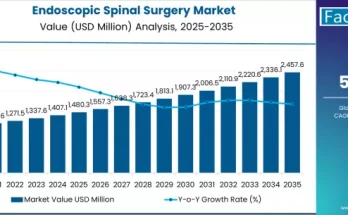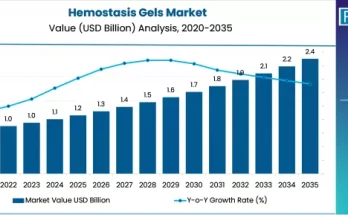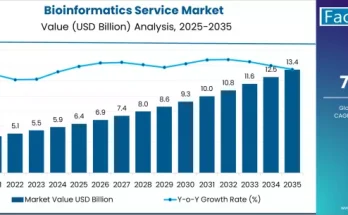Assistive technologies for visually impaired people refer to a range of tools, devices, and software that help visually impaired individuals overcome their challenges and lead more independent lives. The global market for assistive technologies for visually impaired people is growing steadily, driven by factors such as increasing awareness of the needs of visually impaired people, technological advancements, and rising disposable incomes.
Assistive technologies for visually impaired people can take various forms, such as screen readers, magnifiers, Braille displays, and navigation aids. These technologies can help visually impaired individuals perform tasks that would otherwise be difficult or impossible, such as reading books, using computers, navigating unfamiliar environments, and engaging in leisure activities.
The market for assistive technologies for visually impaired people is diverse, with products available at a range of price points and levels of sophistication. Some products are designed for specific tasks, while others are more versatile and can be used for a variety of purposes. In recent years, there has been a trend towards the development of more user-friendly and intuitive assistive technologies that can be easily incorporated into daily life.
According to the Fact.MR’s Latest Research, Global demand for assistive technologies for visually impaired people stands at a market value of US$ 4.2 billion in 2023 and is extrapolated to rise at an astronomical 13.1% CAGR from 2023 to 2033. As such, the global assistive technologies for visually impaired market is forecasted to reach US$ 14.4 billion by the end of 2033.

Emerging trends in this Assistive technologies for visually impaired Market include:
- Wearable devices: Wearable devices such as smart glasses and haptic feedback devices are becoming increasingly popular among visually impaired individuals.
- Artificial Intelligence (AI): AI is being used to develop more sophisticated assistive technologies that can understand and respond to natural language commands. For example, AI-powered virtual assistants can help visually impaired users access information and perform tasks using voice commands.
- Robotics: Robotics is also being used to develop assistive technologies for visually impaired individuals. For example, robotic guide dogs and robotic navigation systems are being developed to help visually impaired individuals navigate unfamiliar environments.
- Improved Accessibility: Companies are focusing on making their products and services more accessible to visually impaired individuals. For example, many mobile devices now offer built-in accessibility features such as screen readers, magnifiers, and speech-to-text.
-
Collaborations: There has been an increase in collaborations between technology companies and organizations that serve visually impaired individuals, to better understand their needs and develop more effective assistive technologies. This has led to the development of more user-friendly and effective products.
There are several key players in the development and implementation of assistive technologies for the visually impaired, including:
- Apple Inc.: Apple has been a leader in developing assistive technologies for people with disabilities, including those with visual impairments. Some of their popular accessibility features include VoiceOver, Magnifier, and Siri.
- Google: Google has also been actively working on accessibility features for their products, including Android devices. They have developed features such as TalkBack, Google Assistant, and Live Transcribe, among others.
- Microsoft: Microsoft has developed several accessibility features for Windows, including Narrator, Magnifier, and the Windows Speech Recognition feature.
- Amazon: Amazon has developed the Alexa voice assistant, which can be used to control smart home devices and perform other tasks using voice commands.
- HumanWare: HumanWare is a company that specializes in developing assistive technologies for people with visual impairments, such as braille displays and reading devices.
- Dolphin Computer Access: Dolphin Computer Access is a company that specializes in developing assistive technologies for people with visual impairments, including screen readers, magnifiers, and screen color filters.
- Vispero: Vispero is a company that develops assistive technologies for people with visual impairments, including screen readers, magnifiers, and OCR software.


